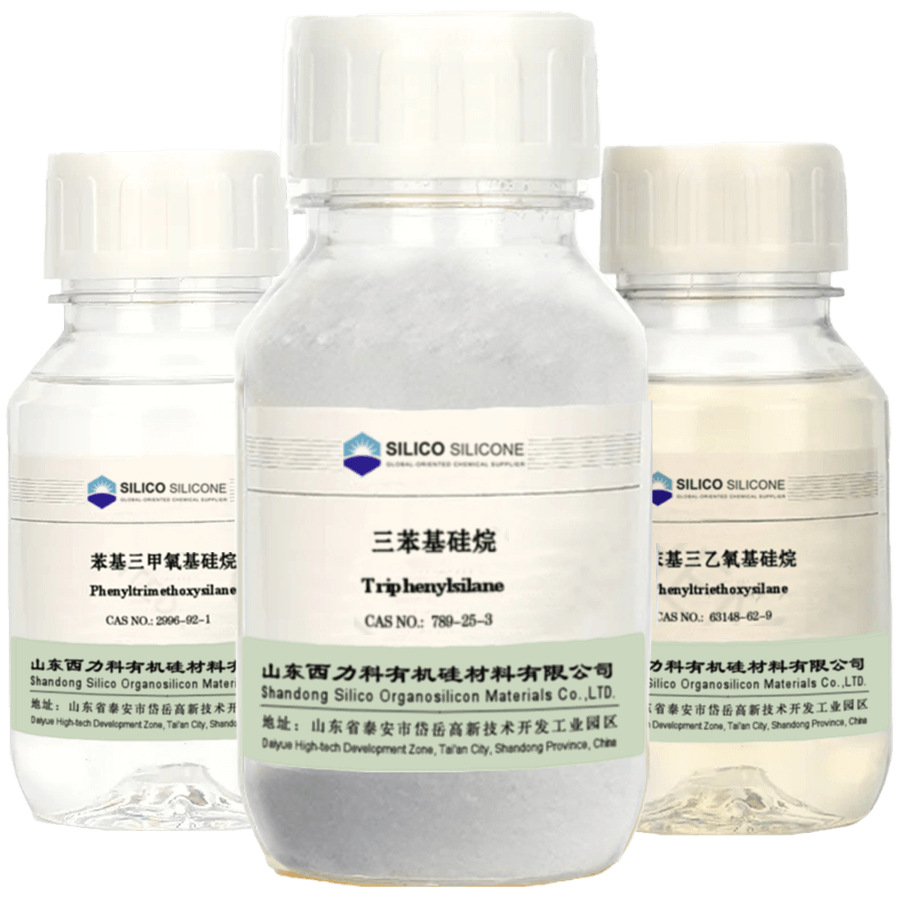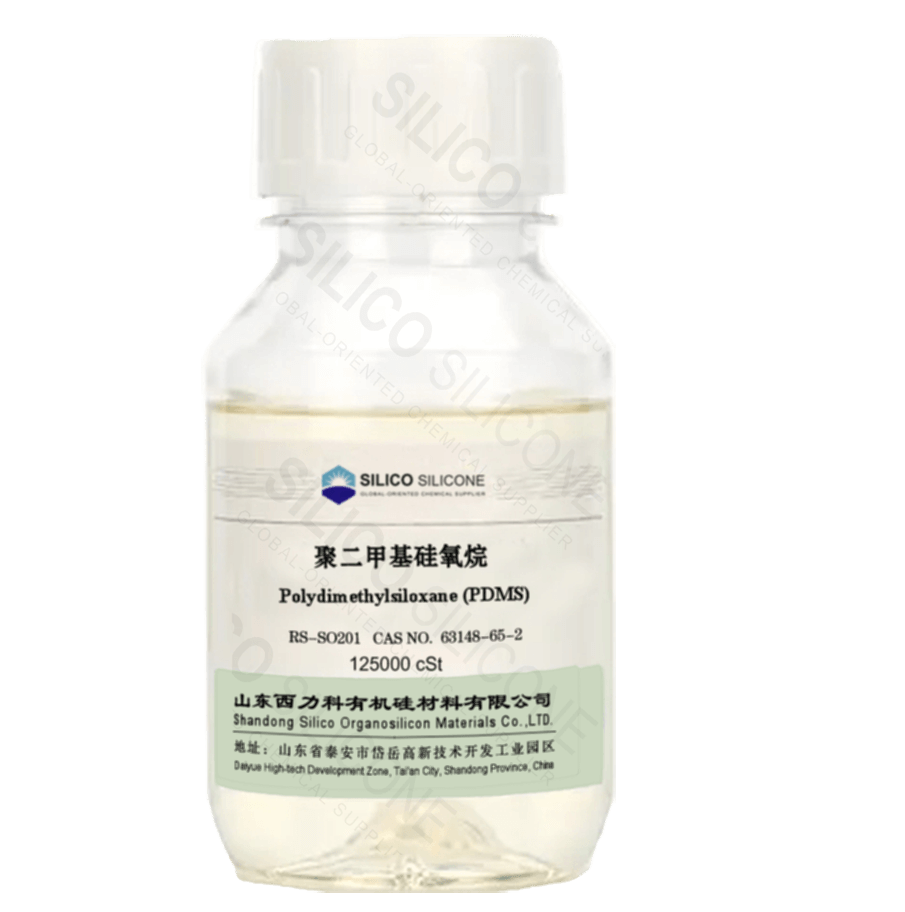Polydimethylsiloxane (PDMS) in Skincare: Barrier Protection & Hydration
- Blog
- June 7, 2024
- 10:02 am

Polydimethylsiloxane (PDMS), often listed as dimethicone on cosmetic ingredient labels, is a silicone-based polymer that has become a cornerstone in modern skin care formulations. Its exceptional film-forming, hydrating, and non-comedogenic properties allow it to play a multifunctional role in protective skincare products, particularly those targeting sensitive, dry, or aging skin.
In this article, we explore the scientific basis and functional advantages of PDMS in cosmetic applications, particularly its ability to enhance skin protection, improve product sensory appeal, and support formulation stability.
Table of Contents
1. What is PDMS? Structural and Functional Overview

PDMS is a linear organosilicon polymer consisting of repeating –[Si(CH₃)₂–O]– units. This flexible siloxane backbone gives rise to unique physical and chemical attributes, including:
Hydrophobicity – Prevents moisture loss by forming a water-repellent layer on the skin.
Thermal and oxidative stability – Maintains structural integrity under environmental stress.
Low surface energy – Contributes to a smooth, non-tacky skin feel.
Chemical inertness – Reduces the risk of skin irritation or allergic reactions.
Due to these characteristics, PDMS is a preferred component in cosmetic emulsions, serums, creams, and foundations that prioritize skin barrier protection and product stability.
2. Key Benefits of PDMS for Skin Protection
1. Barrier Formation Against Environmental Stressors
PDMS functions as a semi-occlusive film-former, meaning it creates a breathable layer that shields the skin from harmful external agents such as pollutants, allergens, and dry air. This is crucial for urban skincare formulations aimed at combatting environmental aggressions.
2. Reduction of Transepidermal Water Loss (TEWL)
By minimizing TEWL, PDMS helps maintain the skin’s natural hydration levels, thereby improving elasticity, texture, and comfort. Products featuring dimethicone for dry and sensitive skin often leverage this property to relieve flakiness and restore suppleness.
3. Improvement of Skin Feel and Spreadability
PDMS imparts a luxuriously smooth and silky feel to skincare and makeup products. It enhances spreadability, reduces friction, and leaves a velvety, non-greasy finish—an attribute highly valued in premium cosmetic formulations.
4. Non-Comedogenic and Dermatologically Safe
Despite forming a surface film, PDMS is non-comedogenic, making it safe for acne-prone and oily skin types. It is widely accepted in dermatologist-tested skincare products and is considered hypoallergenic when used within recommended concentrations.
3. Cosmetic Applications of PDMS

1. Moisturizers and Emollients
PDMS is a fundamental component in non-comedogenic silicone-based moisturizers designed for hydrating and calming sensitive skin. It acts as both an emollient and an occlusive agent, maintaining skin moisture while enhancing product glide.
2. Sunscreen and SPF Formulations
In sunscreen products, PDMS improves water resistance, UV filter dispersion, and skin adherence. This ensures even SPF distribution and long-lasting protection, especially in broad-spectrum sun care products.
3. Makeup Primers and Foundations
Dimethicone is a core ingredient in cosmetic primers and HD foundations, where it helps fill in fine lines and pores, creating a smoother surface for color application. It contributes to extended makeup wear time and a flawless matte finish.
4. Anti-Aging Skincare Products
By forming a flexible film over the skin, PDMS can temporarily blur the appearance of fine lines and wrinkles. Its inclusion in anti-aging serums and lifting creams enhances user perception of skin smoothness and youthfulness.
4. Safety, Tolerability, and Regulatory Approval
1. Moisturizers and Emollients
PDMS is a fundamental component in non-comedogenic silicone-based moisturizers designed for hydrating and calming sensitive skin. It acts as both an emollient and an occlusive agent, maintaining skin moisture while enhancing product glide.
2. Sunscreen and SPF Formulations
In sunscreen products, PDMS improves water resistance, UV filter dispersion, and skin adherence. This ensures even SPF distribution and long-lasting protection, especially in broad-spectrum sun care products.
3. Makeup Primers and Foundations
Dimethicone is a core ingredient in cosmetic primers and HD foundations, where it helps fill in fine lines and pores, creating a smoother surface for color application. It contributes to extended makeup wear time and a flawless matte finish.
4. Anti-Aging Skincare Products
By forming a flexible film over the skin, PDMS can temporarily blur the appearance of fine lines and wrinkles. Its inclusion in anti-aging serums and lifting creams enhances user perception of skin smoothness and youthfulness.

4. Conclusion
PDMS is an indispensable ingredient in modern cosmetic science, offering a balance of performance, safety, and user experience. Whether in moisturizers, sunscreens, or anti-aging formulations, its ability to form a breathable, hydrophobic barrier and deliver tangible skin-smoothing benefits makes it highly valued in skin protection strategies.
As consumer demand for gentle, effective, and long-lasting skincare solutions grows, PDMS-based formulations will continue to play a central role in cosmetic innovation—especially for sensitive and environmentally stressed skin.
Popular Recommendations
- Most popular products
Get a Catalog & Best Price
- Quick and helpful reply within 24 hours;
- Tailored solutions provided for your project;
- One-stop purchasing service.
TRENDING
- Address: Daiyue Industrial Area, Taian, Shandong, China




